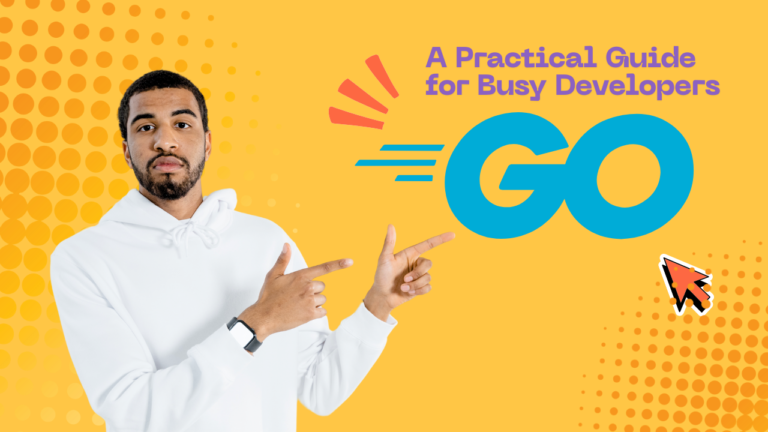Introduction
Smart contracts have revolutionized blockchain technology by enabling automated, transparent, and trustless transactions. When integrated with Artificial Intelligence (AI), smart contracts can extend their capabilities, making them more dynamic and intelligent. This blog explores how AI enhances smart contracts, their applications in automating decentralized processes, challenges, and the future of this powerful combination.
1. What Are Smart Contracts?
-
Definition:
- Smart contracts are self-executing contracts with the terms of the agreement directly written into code, running on blockchain networks.
-
Core Features:
- Automation of transactions.
- Transparency through immutable blockchain records.
- Elimination of intermediaries.
2. How AI Enhances Smart Contracts
-
Dynamic Decision-Making:
- AI introduces adaptive behavior to smart contracts, enabling them to respond to real-time data.
-
Data Validation:
- AI verifies off-chain data (via oracles) for accuracy before execution.
-
Fraud Detection:
- AI identifies patterns and anomalies to prevent malicious activities in decentralized systems.
-
Predictive Analytics:
- AI anticipates outcomes and optimizes contract conditions for better results.
-
Natural Language Processing (NLP):
- AI converts natural language agreements into executable smart contract code.
3. Applications of AI-Driven Smart Contracts
-
Decentralized Finance (DeFi):
- AI-powered smart contracts optimize lending rates, detect market trends, and execute trades automatically.
-
Supply Chain Management:
- Automates tracking, verifies authenticity, and predicts supply chain disruptions.
-
Insurance:
- Automates claims processing by analyzing incident data and triggering payouts based on AI evaluations.
-
Real Estate:
- Simplifies property transactions, evaluates property values, and handles escrow services autonomously.
-
Healthcare:
- Secures patient data sharing, automates payments, and validates clinical trial results.
-
Gaming and NFTs:
- AI generates unique NFTs and manages rewards or in-game transactions seamlessly.
4. Example of an AI-Enhanced Smart Contract
Scenario: An agricultural insurance platform uses smart contracts to automate crop insurance payouts based on weather data.
Implementation:
- Oracles Integration:
- Fetches weather data (e.g., rainfall levels).
- AI Processing:
- Analyzes historical data and predicts the impact on crops.
- Smart Contract Execution:
- Automatically triggers payouts if rainfall drops below a critical threshold.
Sample Code Snippet:
pragma solidity ^0.8.0;
contract CropInsurance {
address public farmer;
uint public payoutAmount;
string public weatherData;
constructor(address _farmer, uint _payoutAmount) {
farmer = _farmer;
payoutAmount = _payoutAmount;
}
function setWeatherData(string memory _data) public {
weatherData = _data;
if (analyzeWeatherData(_data)) {
triggerPayout();
}
}
function analyzeWeatherData(string memory _data) private pure returns (bool) {
// Placeholder for AI analysis logic
return keccak256(abi.encodePacked(_data)) == keccak256(abi.encodePacked("drought"));
}
function triggerPayout() private {
payable(farmer).transfer(payoutAmount);
}
}
5. Challenges and Solutions
-
Challenge: Data Reliability
- Solution: Use multiple oracles and AI for cross-verification of data.
-
Challenge: Scalability
- Solution: Employ layer-2 solutions to reduce computational overhead.
-
Challenge: Security Risks
- Solution: Combine AI anomaly detection with rigorous smart contract auditing.
-
Challenge: High Costs
- Solution: Optimize AI algorithms and use efficient blockchain networks.
-
Challenge: Ethical Concerns
- Solution: Implement transparent AI decision-making processes and auditable logs.
6. Future Trends in AI and Smart Contracts
-
Autonomous DAOs:
- Fully AI-driven Decentralized Autonomous Organizations managing themselves without human intervention.
-
AI-Powered Compliance:
- Ensures smart contracts adhere to changing regulations in real time.
-
Interoperable Smart Contracts:
- AI enables seamless interaction between contracts across multiple blockchains.
-
Tokenized AI Models:
- Monetizing AI models through blockchain-enabled licensing agreements.
-
Energy-Efficient Smart Contracts:
- AI optimizes resource consumption for greener blockchain operations.
Case Study: AI-Driven Smart Contracts in DeFi
Scenario: A DeFi platform integrates AI with smart contracts to optimize yield farming.
Solution:
- AI Analytics:
- Predicts the most profitable liquidity pools.
- Smart Contract Execution:
- Automatically reallocates funds based on AI recommendations.
Outcome:
- Increased user returns by 20%.
- Reduced manual intervention and transaction errors.
Conclusion
The integration of AI with smart contracts is unlocking unprecedented possibilities in automating decentralized processes. By combining blockchain’s transparency with AI’s intelligence, businesses can create efficient, secure, and adaptive systems. As technology evolves, the potential for AI-driven smart contracts will only expand, paving the way for a more innovative and decentralized future.
FAQs:
-
How does AI improve smart contracts?
- AI enables dynamic decision-making, data validation, fraud detection, and predictive analytics for smart contracts.
-
Can smart contracts operate without AI?
- Yes, but AI enhances their functionality by introducing adaptability and intelligence.
-
Which industries benefit most from AI-powered smart contracts?
- Finance, supply chain, healthcare, insurance, and real estate are leading beneficiaries.

